How Capoeira and Faith Transformed One Man's Life
Miki Chait overcame a turbulent youth, finding proverbial salvation in capoeira and strength through faith. Now, he's dedicated to empowering at-risk youth through sports.
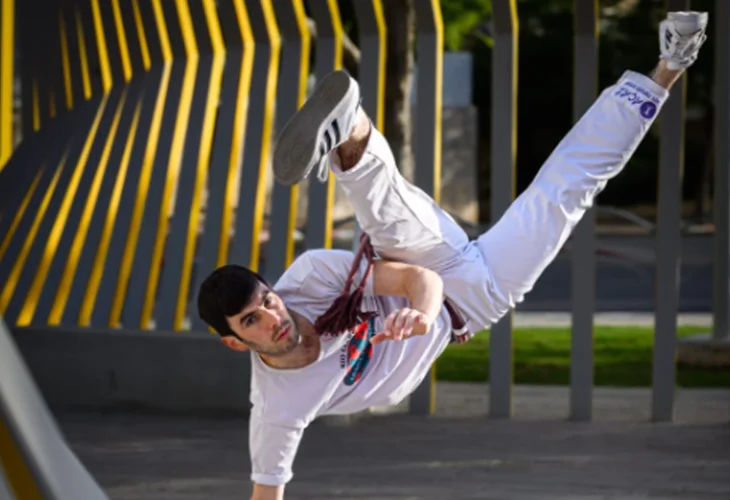 Miki Chait
Miki ChaitWhen Miki Chait sees his young son entering first grade at a religious school, memories of his own childhood resurface, and his heart aches. As the child of parents who returned to religious observance, he was also sent to such a school. However, 25 years ago, there was little understanding of children with attention deficit disorders or outlets for energetic kids. "The framework was very rigid," Chait recalls, "We didn’t engage in physical activity, and any non-religious learning activities were frowned upon..
"I am not, Heaven forbid, sorry for my religious education," he emphasizes. "This is evident in the fact that I am sending my son there today. But I do regret that children with attention disorders or those who are a bit mischievous and need more diversity don’t receive proper support in this aspect."
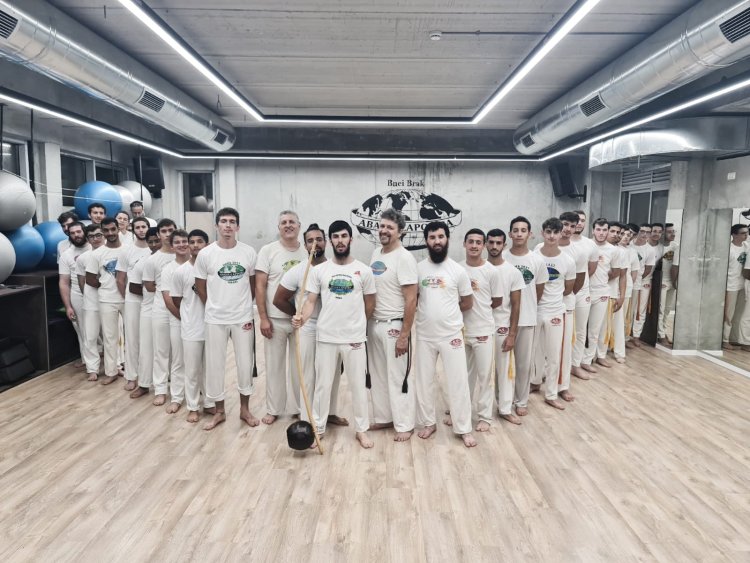
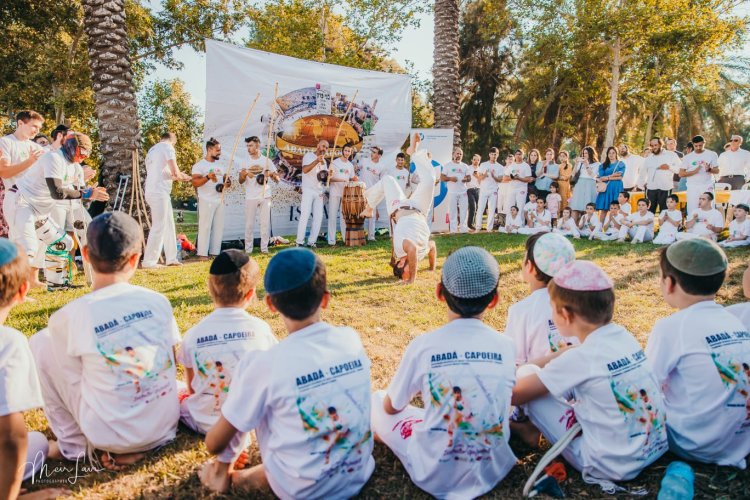
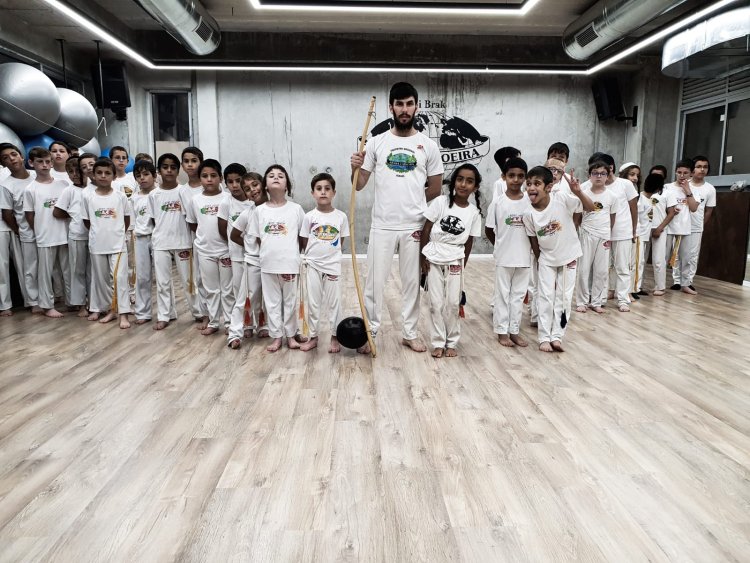
Chait completed his studies and moved on to yeshiva, quickly becoming labeled as "youth at risk" as he searched for his place and purpose, sometimes in unconventional ways.
In those days, Chait found himself gravitating toward an uncle who was one of the country's pioneers in capoeira. "Through my uncle, I was introduced to this martial art," he recounts. "It fascinated me, and I started training. My parents were unaware, and when the rabbis in yeshiva heard about my training, they gave me an ultimatum—either 'capoeira or yeshiva.' I tried to balance both but realized I wasn’t finding my place in yeshiva, while capoeira became the only source of positive feedback and success. Eventually, I decided enough was enough. Since yeshiva didn’t understand me anyway, I left and flew to Brazil to achieve the highest levels of mastery."
In Brazil, Chait faced not only capoeira but also the underbelly of society, with all its temptations. "I saw everything around me," he says. "By sheer miracles, I managed to stay away from the filth. The values I had from home and yeshiva worked in my favor, and the success in capoeira gave me strength and confidence. More than anything, Hashem truly watched over me."
He considers his marriage and home life one of "my greatest miracles," something he never took for granted. Initially, he studied at a kollel before seeking a livelihood.
"I approached a director of a religious school I knew, suggesting we collaborate," Chait recalls. "He was a unique educator with a different vision. I asked if he thought there was room for teaching capoeira, and he immediately suggested, 'Start with the kids at the school—take those in the courtyard who can’t sit through a lesson and do something with them.' So I began teaching capoeira within the school framework, witnessing an incredible transformation. These kids who struggled to focus in class became more attentive, learned to follow instructions better, and many, who never experienced positive achievements, found a light in their eyes—they realized they were successful at something."
The next step was establishing a learning group, first on a rooftop in Bnei Brak, which grew until Chait started renting a small hall for additional groups. Eventually, demand arose in Jerusalem, expanding the initiative beyond the city's borders.
Were there those who opposed this? After all, capoeira isn’t usually accepted in the ultra-Orthodox community...
"There were complexities," Chait admits. "Some religious schools didn't permit students to join our programs, but there were also teachers and educators who saw the potential and immense importance for children who might otherwise end up outside the system. Some rabbis strongly supported us, leading to the decision to open a studio in Bnei Brak dedicated to sports and physical activity."
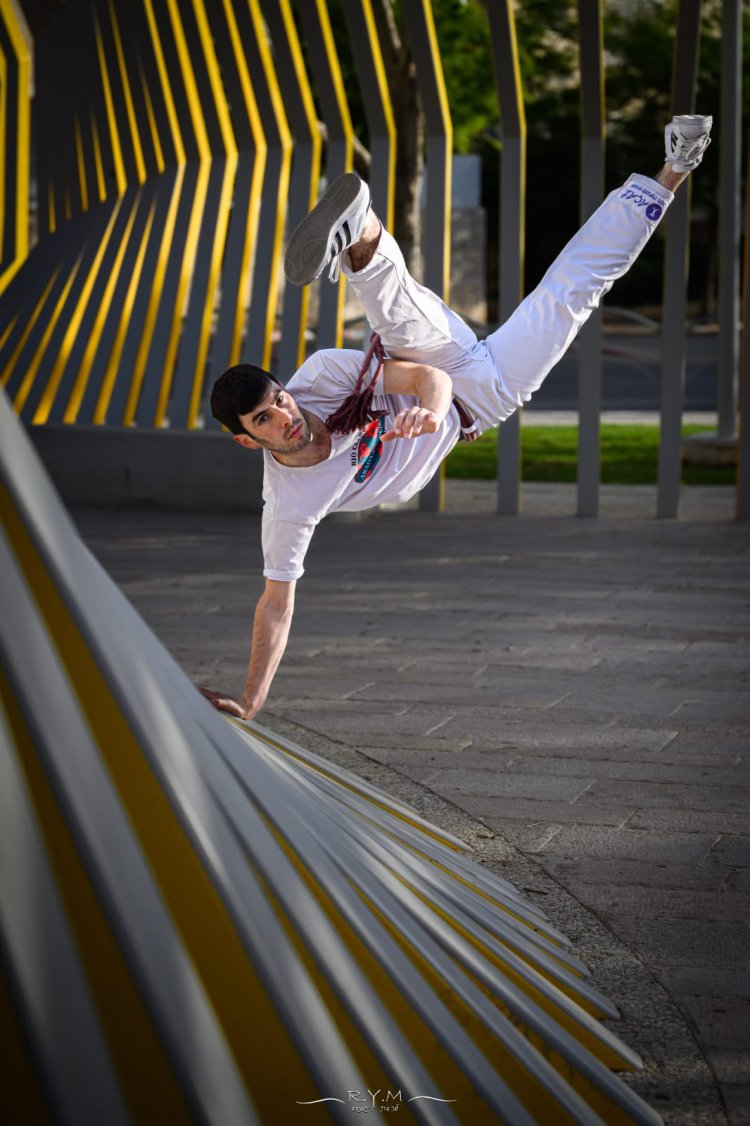
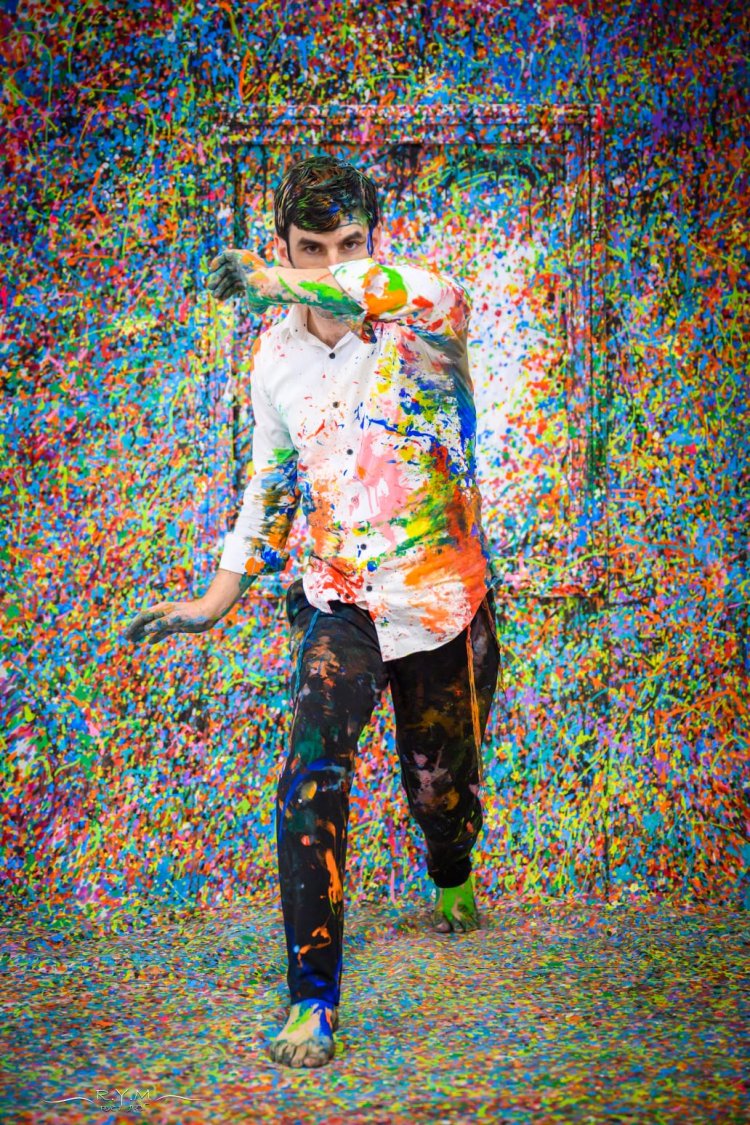
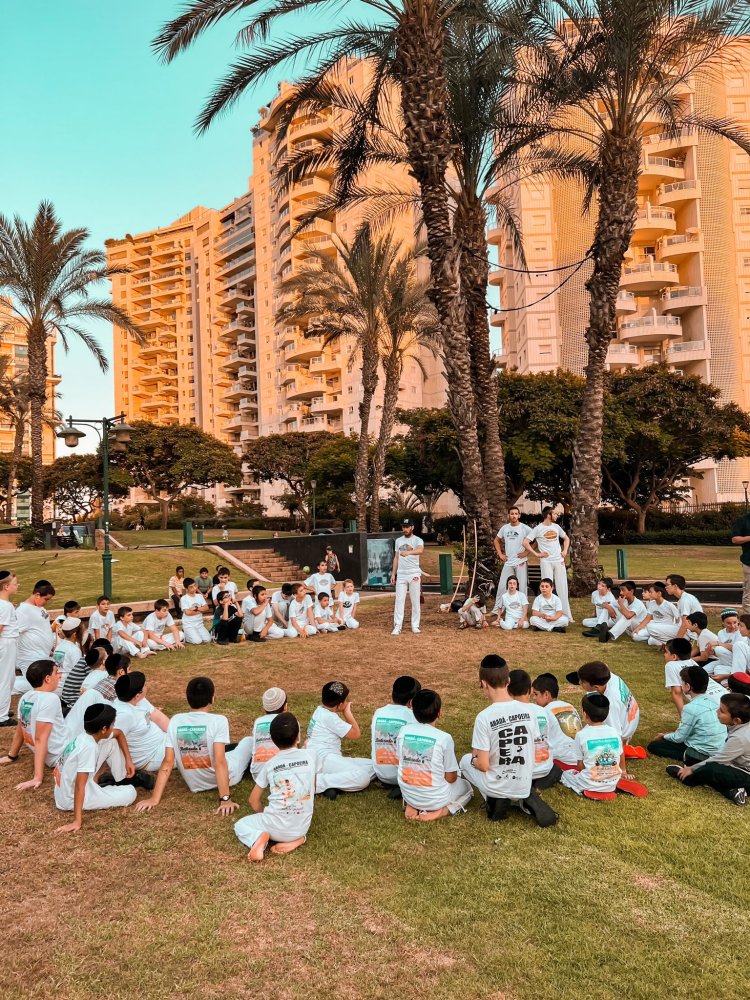
Orthodox Rhythm
From that moment, it became more than a capoeira course—it was a large center with a team of instructors offering diverse and rich sports activities across various fields, reaching a wide audience of women, girls, boys, youths, and yeshiva students—all in complete separation. "We realized we were building a winning model," Chait explains, "Except that we faced a financial challenge. We had many welfare cases we wanted to help—at-risk orphans, children from struggling families, and we wanted to assist everyone we understood needed it. But how could we operate without financial assistance?"
Thus, they established the 'Haredim leKetz' association, which operates nationally. "We are considered an organization using social and therapeutic sports," Chait clarifies. "We work with several population groups and offer courses for at-risk youth, people with special needs, and courses to promote a healthy lifestyle in the ultra-Orthodox community. This past year, we also worked with war victims, including orphaned children. Our activities expand each day, collaborating with 15 local authorities on diverse sports fields."
Have you seen a change in the ultra-Orthodox community's approach to sports?
"There is undoubtedly significant change and development, but we are still far from the goal, lacking responses and solutions."
What would you say to those concerned that sports activities might affect their Torah learning?
"Since we initially reach out to yeshiva students, we have tailored practice times, available between study sessions and at night, especially on Thursdays until three in the morning. We do not suggest daily attendance, but one session a week is enough to make the rest of the week better," Chait pauses, adding, "Personally, I hear students share their experiences before they arrived. One wrote, 'I just wanted to say thank you for all those years you were there for me—when I grew and when I fell, when I was sad, down, and angry. I have undergone such an unbelievable process. Without your studio, I would have ended up on the streets.' Another was an orphaned child we accompanied along the way; we even danced at his wedding.
"In our women’s courses, we hear similar anecdotes. Mothers from large families come, stating they dedicate all their time to their homes, raising children, and working full time, without a moment to breathe or focus on themselves. Simply attending once a week empowers them immensely, helping them undergo empowerment and become the centerpiece of their families, as they truly deserve."
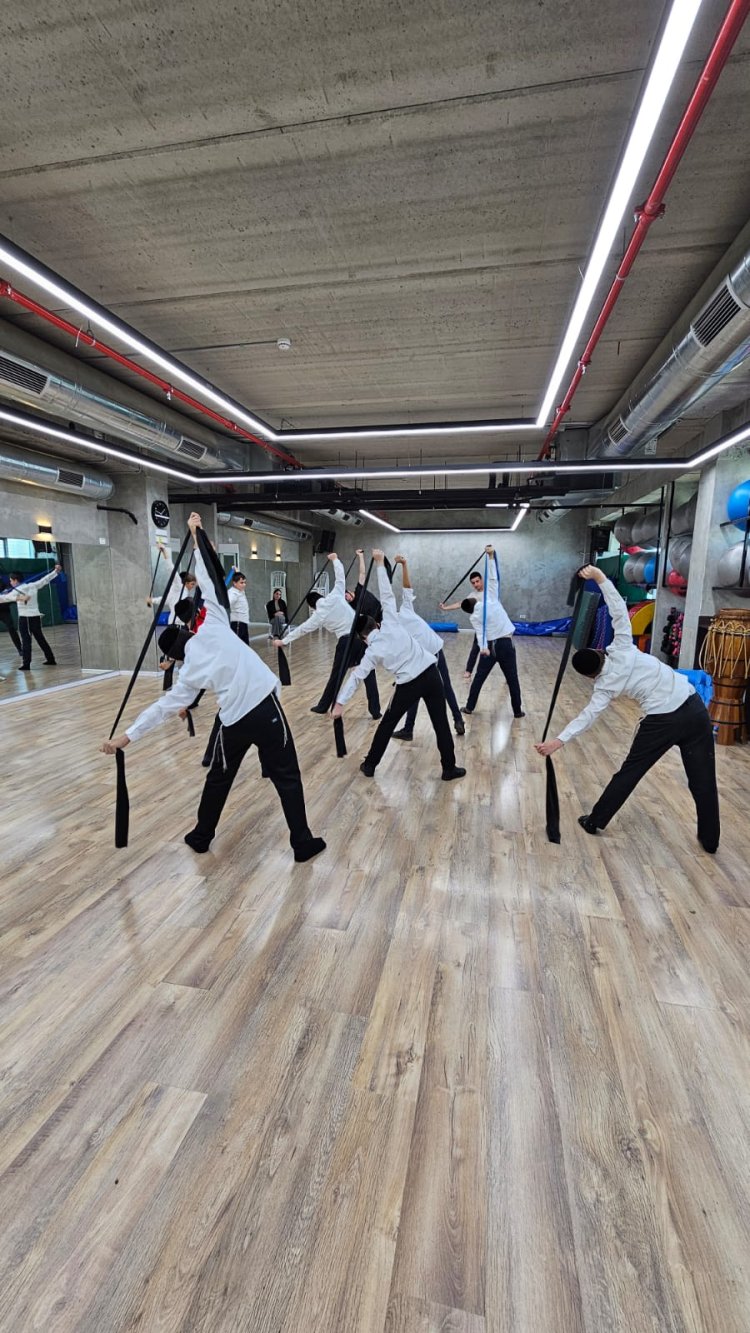
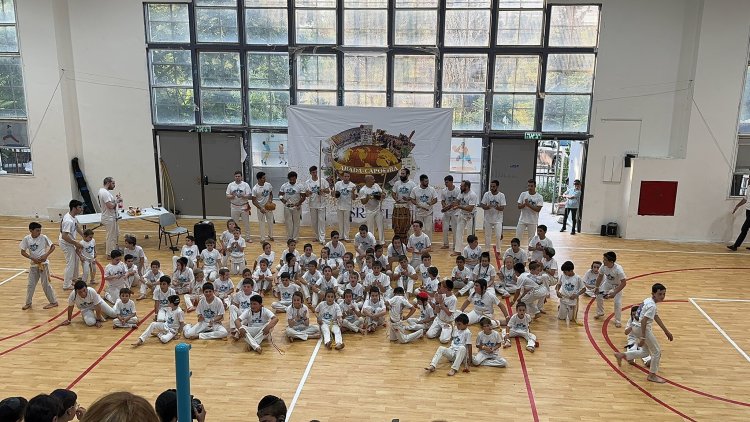
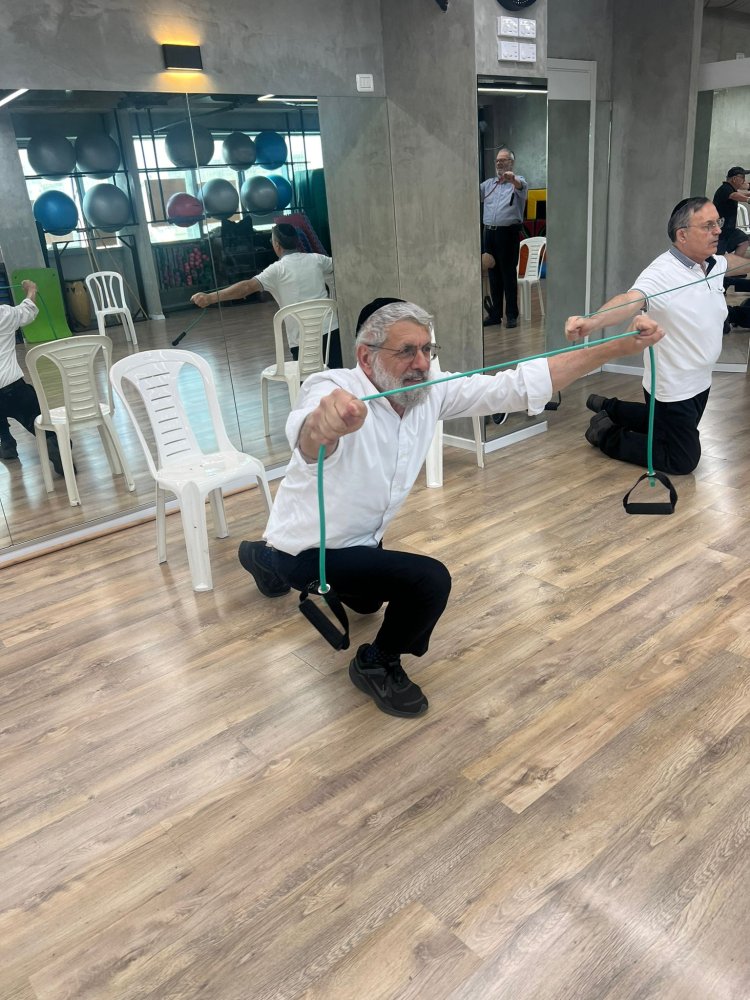
"We are working on promoting activities abroad. Personally, I've participated in many competitions, even obtaining fourth place in the world in capoeira, which I feel is a great personal achievement and a reflection of my faith. But my primary pride, in Hashem’s blessing, is the family I have built, ensuring my children are educated in religious institutions and follow the path of the commandments, as that's my true goal, and everything else is just a tool to achieve it."

